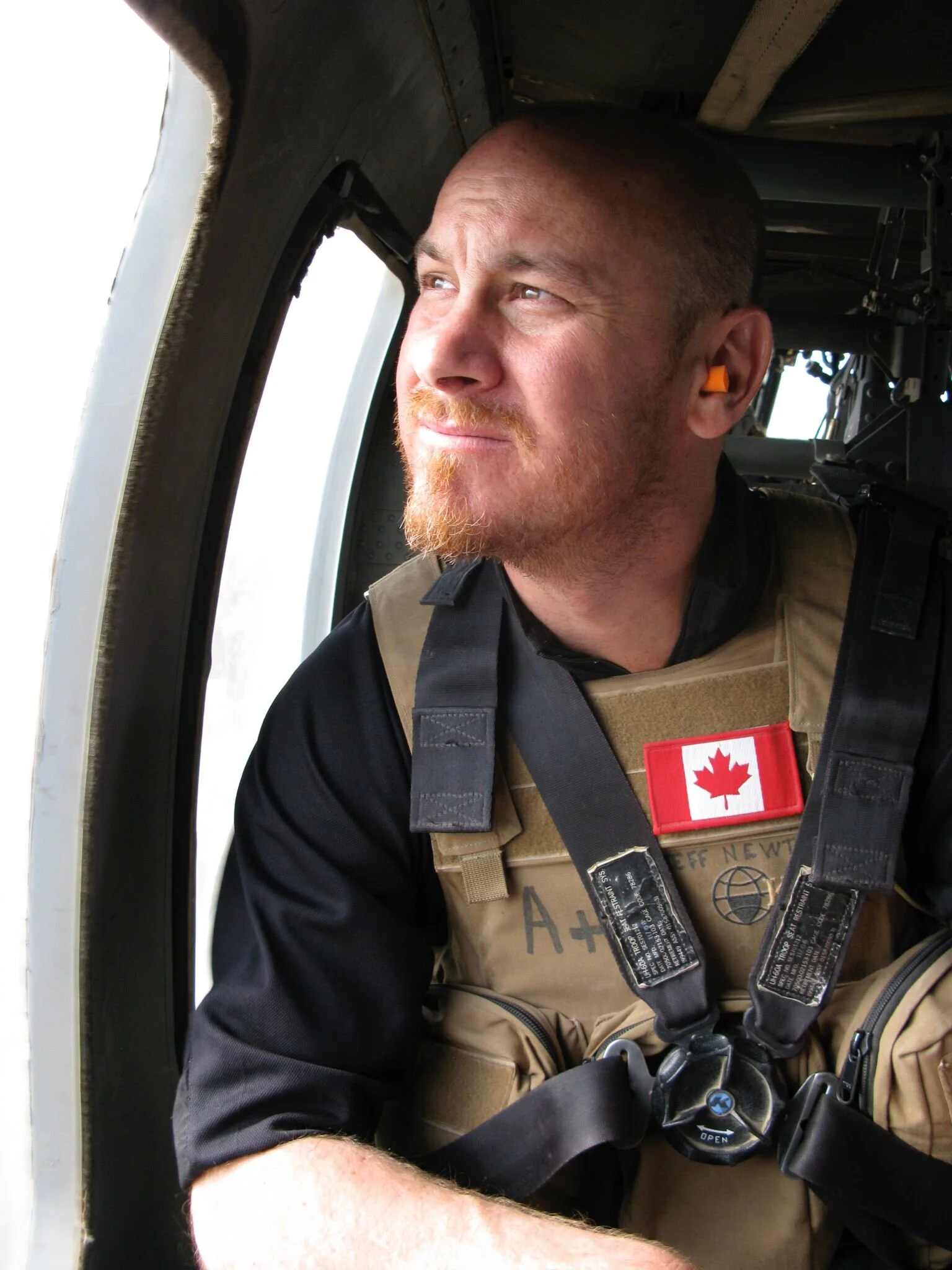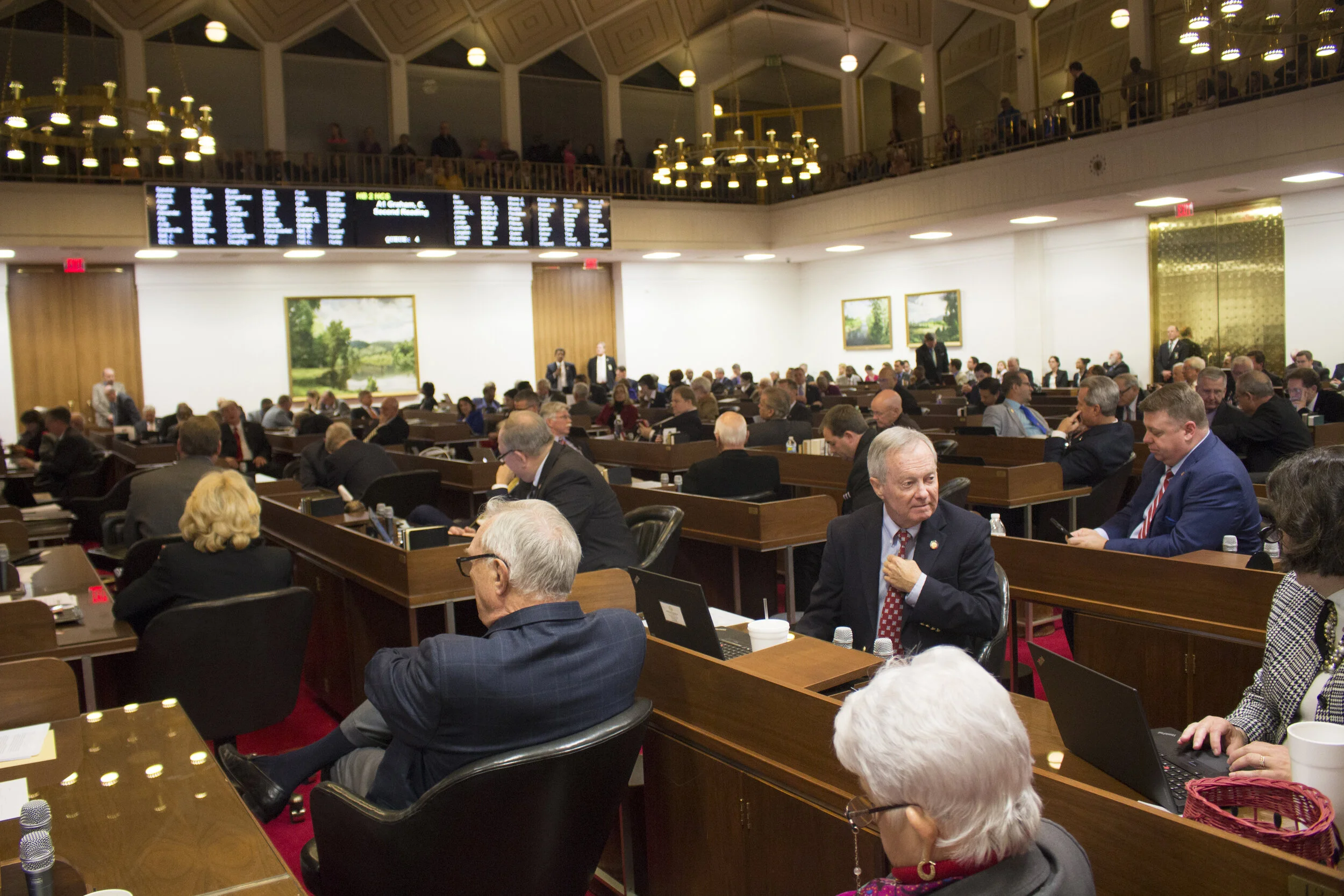Winning? Biden lays blame for messy exits: Americans call for more transparency
By John Trump, Carolina Journal
We’re winning in Afghanistan.
That was the mantra, what they told us. Never entirely true.
Some of it, maybe. Many of us in the U.S. were admittedly oblivious to the realities that Taliban fighters still maintained strongholds in the mountains, that ferocious attacks on allied military bases and outposts continued.
Suicide bombings, car bombings.
Winning?
People in the country — the troops, advisers, contractors, and journalists — knew better. Almost 20 years ago, they knew better. They, too, knew better that, despite the White House platitudes, we didn’t get everyone out.
They’re still there, and America — as well as the rest of the world — knows it.
President Biden on Aug. 31 talked about getting more than 5,500 Americans and thousands of citizens, interpreters, and diplomats, as well as their families, out of Afghanistan.
“Now we believe that about 100 to 200 Americans remain in Afghanistan with some intention to leave,” he said in a prepared speech. “Most of those who remain are dual citizens, long-time residents who had earlier decided to stay because of their family roots in Afghanistan.”
People who have been there, in that rugged, brutal, and war-torn country, know better.
“The bottom line: 98% of Americans in Afghanistan who wanted to leave were able to leave,” Biden said.
That’s not quite accurate, say experts who lived and worked in Afghanistan, as well as one state lawmaker and a political science professor at N.C. State University. The lawmaker, Rep. John Szoka-Cumberland, went as far as telling Carolina Journal that Biden, if he had served in the military, should be court-martialed.
“It's poor leadership taken to a new low level,” says Szoka, who served as a lieutenant colonel in the Army and whose legislative district includes Fort Bragg, home to the 82nd Airborne Division and 18th Airborne Corps. The massive post encompasses some 250 square miles and, at times, houses some 40,000 troops and their families.
Biden, despite a long pedigree of work in foreign relations — including serving as chair of the Senate Foreign Relations Committee and, of course, as vice president — seems detached from international affairs, says Andy Taylor, a professor of political science at N.C. State University.
“This is someone who prided himself on his foreign policy expertise and skill,” Taylor says of Biden.
Biden, in his remarks after the exit, blamed Republican Presidents George W. Bush, who led the initial attacks on Afghanistan in 2001, and President Donald Trump, who set the original withdrawal date.
He forgot to blame himself.
Yes, Bush and Trump made mistakes, as did Barack Obama. Biden, a good argument would go, probably blundered most. Thousands of Americans, Afghans, and American supporters from myriad countries remain there.
Scared and bereft of necessities. Under the rule of a terrorist organization, its leaders high on America’s list of enemies. Trapped, their voices silenced by political gamesmanship, which plays on.
Khalid Ramizy is a human rights activist with the Afghanistan Economic and Legal Studies Organization. Ramizy was part of an annual two-day youth conference in Kabul when the Taliban poured into his home city.
On Aug. 12, the first day of the meetings, security forces stopped and killed a terrorist who, apparently wearing a bomb, tried to enter the conference. Ramizy was preparing to give a speech, to a crowd of some 400, when he was told the Taliban may be entering the city and to, please, finish as soon as possible.
“Still, I don’t know what I said on the stage,” Ramizy told Tom Palmer, Atlas Network vice president, in a video interview.
Ramizy, speaking to Palmer from Albania, understood then that he must find a way to leave the country, as the Taliban had overrun Jalalabad. Kabul would probably be next, and then it would be over.
“It will be finished, it will be destroyed,” he said in the video, called “Last Days in Kabul.”
Ramizy closed his office, tried to save and secure what he could and burn or hide other documents. He erased his phone data clean.
“Now they are coming to Kabul, and they will take everything from us,” he said. “Nothing was normal.”
He tried to withdraw money, but banks closed amid the fear, the confusion.
“It was a really, really bad day.”
For him, and for all Afghanis who embrace freedom and liberty.
Ramizy struggles with English, yet his words to Palmer were coated in emotion, the scars almost audible.
He changed his appearance. A beard, new clothes, and hairstyle. To look like “them.”
“Everything was totally changed.”
He boarded a bus and managed to survive the Taliban checkpoints, all the while with friends “stuck in Kabul,” captured, interrogated, tortured, though, Ramizy says, eventually freed.
“It would be more than 500 pages in a book.” That’s what it would take to tell his story, he told Palmer.
Tell me the truth
The truth about Afghanistan, and our role there, remains deeply dug in, behind the dark veil of a savage and relentless enemy in Afghanistan. But that’s been the case from the start.
Jeff Newton is an Emmy-winning military reporter, videographer, and storyteller. Newton covered the military and Fort Bragg for The Fayetteville Observer in the late 1990s and early 2000s. He covered the war in Bosnia and stories throughout the world. He shuttled between Iraq and Afghanistan, including, at one point, living in Afghanistan for 11 consecutive months, returning to the U.S. for maybe a couple of months each year. Newton managed reporting teams for 60 Minutes, the National Geographic channel, and VICE TV.
“I can't even count the number of embeds,” Newton says.
He remembers 2004, when a homemade bomb destroyed his Humvee. The Taliban attacking his convoy in an ambush. Meetings with the Taliban in Kabul, in moving vans. Missions with Navy Seals, with Special Forces soldiers, and with conventional troops. Embedded with the 101st and 82nd Airborne divisions, the 10th Mountain Division.
We’re winning, they told us from Washington, D.C., in the early 2000s, some 20 years ago.
Not so much, Newton told CJ.
“They were telling everybody the Taliban was defeated, and I was out on embeds in the mountains, and they were not defeated at all,” Newton says.
“If you were at Bagram Air Base, or you're sitting in a press conference in the Pentagon, you could tell people the Taliban were largely defeated, that you are shifting to what they call PRCs (provincial reconstruction teams) … and helping the Afghans rebuild their country. But if you were a person who's really spending time there, you knew the Taliban was reconstituting and getting stronger.”
Military and political media spun reporters to places where people were, indeed, rebuilding. Trying to, anyway. Inoculating children and animals against disease. Passing out food, candy.
“But there was still a lot of fighting, and they weren't spending a lot of time working hard to get you out to those places to see that. That wasn’t the message.”
Newton on Sept. 11, 2002, was in a place called Khost, a large city in southeastern Afghanistan, with U.S. Special Force soldiers and some Afghans, who were holding the base. Chapman Airfield, years before was the site of a suicide bombing that killed seven CIA officers and contractors, as well as two other people at the base there. One of the worst days for Americans in Afghanistan.
The terrorist attack at Kabul airport that killed 13 American service members during the exit was the worst single-day loss for the Pentagon since 2011, when insurgents shot down a Chinook transport chopper on a nighttime mission in Wardak Province southwest of Kabul, Yahoo News reported.
Chapman at the time was a small airfield, with no perimeter security save for some earthen berms. It eventually became what Newton called “sort of a mega-base,” but during Newton’s time there it housed about 200 people.
“I remember, they were doing interviews up at Bagram Air Base when I was at Chapman getting attacked by the Taliban,” Newton told CJ.
Mostly feel-good-type stories, he says. Reflecting, remembering.
“They were telling people that they were largely routed, the Taliban, and I was in places where that just simply wasn't true.”
Newton shot a video of the Taliban attacking Chapman. He sold it to CBS.
“That was a really hot video at the time because, with all the other stories, people were getting told that everything was all hunky-dory.”
Not the case. Just as today. Just as Secretary of State Antony Blinken blamed Trump for the withdrawal debacle.
“It was a mess, and they're basically trying to claim success,” said Newton, who is harshly critical of Biden, though, he says, Trump isn’t beyond reproach.
Trump negotiated with people such as Mullah Abdul Ghani Baradar, Newton says. Baradar escaped to Pakistan after the U.S. invasion. He’s now the country’s deputy prime minister.
“My biggest thing is that Trump negotiated with one of the main creators of the Taliban, who now is one of the de facto leaders, after being led out by the Pakistanis at the request of the Trump administration. That was a major, major problem.
“But Biden ... could have reset the clock. He could have reinforced with troops for a proper exit. He could have sent State Department people in to process thousands and thousands of visas since January when he got into office. We could have told them we're going to need a couple more months and just dealt with it.
“Everybody says the Taliban would have started attacking Americans,” Newton told CJ. “Well, the Taliban was killing all the (Afghan) Army that was supposed to hold the country anyways. They never stopped doing that.”
Newton compares the botched exit to the moments before the Titanic sunk in the North Atlantic. Upon seeing the iceberg, Newton’s scenario goes, the captain decides it’s time for him to take his leave. ‘Good luck,’ he might have said, and ‘I hear the band is great.’
“Nobody spent any time saying, ‘Let’s secure these three air bases — Bagram, Kandahar, and Kabul. … [L]et's make sure the people we want to get out — or off the ship — get off the ship before the captain does.
“Instead, the captain and all of his crew left early and then left the people on the ship to manage the exit themselves. They had to (add) 6,000 troops to the airport afterward, and they claimed what a great job that they did for it. They sent in a new captain and more people to finally try to get as many people off as they could and in the end claimed what a success it was.”
By the way, Newton said, the airfields at Kandahar and Bagram are relatively large, much more so than Kabul. The standoff area, too, is bigger.
“You don't have people right on the gate, and you could secure the perimeter really well,” Newton said. “If the Taliban wanted to come, you can kind of hold them off with weapons or whatever you wanted to do, and you could get people inside that base, and they could have done visa processing in the hangars there, for months.
“That way, when everybody needs to go, they have their paperwork. If you treat the visa process like an ... emergency and not like a standard, ‘Oh, I-want-to-go-to- the-U.S.-on-vacation visa process, then you would have had more of a chance of getting those things done. Instead, people were trying to get marriage certificates together and passports together in a country where that stuff is not a quick process.”
Knock on the door
Newton has many friends, still in Afghanistan. Still needing to leave. Always fearing a knock on their door.
“I've gotten people out over the past several years, but in this process, the mass evacuation, I had 17 people on a list … and none of them got out, despite being at the airport with electronic and national identity cards and all sorts of information that should have let them pass through the gate.”
People with friends, family, and associates who have left Afghanistan. Safe now, maybe, but never to forget the threats, the innuendo, the naked fear.
“We had reasonable excuses to get them out,” Newton said. “We filled out forms, all that stuff that we're supposed to do for their brand-new program, and not a single call back from State. Nobody let anybody through the gate.”
Say, for example, a group of people is living in a house, or a compound, Newton says. Maybe you, me, and 20 family members. In this scenario, he says, you and I have all the guns. The Taliban has surrounded our house, or the block, even. We, the ones with the guns, decide we can leave. So, we do.
‘Don’t worry,’ we might say. ‘We’ve got your back.’
“What would you expect our people in the compound to do?” Newton asks.
“They would not know how to get out, and we'd have to come back and get them. To me, one of the simplest philosophies is that you have to have an airport ready to evacuate a lot of people. You have to have a standoff area, especially when your enemy occupies the area right outside the gate. You need to be able to clear an area where they can't easily mortar and rocket your base, because you're bringing in flights.”
Take back the streets? Impossible now, Newton says.
“It's like putting the toothpaste back in the tube paste container. Once you lost a city, you were (screwed). Once you lost the city, there was no way that that mission was going to look anything like what it should have looked like.
“It would have looked exactly like it did in the end, but that's [the Biden administration’s] fault, because they gave it up too early without planning a proper exit and ... people couldn't freely move to the airport because the Taliban now had the city. There are lots and lots of people, everybody on my list is still in the city terrified right now … of the knock that's going to come on their door.”
The Taliban, he says, may ask whether you worked for a U.S. media company, or if your brother did.
“‘Oh, you were the mother of … where is he?’
“We know that those things are happening right now,” Newton says. “We know that people are scared and terrified and the Biden administration, I'm sorry — and I supported Joe Biden for this presidency — he has really (screwed) them.”
We were never winning in Afghanistan. Not really. Winners? That can be debated. Losers? How about everyone still there praying to be just about anyplace else?
Yet we left them, Newton says. We dropped the tent at Bagram, packed up what we could, and broke camp. Guns, ammo, helicopters, planes. In the middle of the night, in total darkness. Just ... gone.
"What do you think that's going to do to your Afghan partners? If suddenly you start leaving in the middle of the night, months before you're supposed to, and you want them to stand alone and fight when you take all their logistical training, their air support ... .
"I've spent so much time with Afghan fighters, they're not scared of anything,” Newton says.
“They'll fight to the death, but if they think the proper move for them is to switch sides or stand down because their partner is leaving, and that's the best negotiating position they can be in, of course, they're going to do that. Their little towns are being surrounded by the Taliban, and they've got no air support anymore. They've got no partner standing with them. They're all getting on planes to go home. Their only logical conclusion was to try to surrender.”
Many, if not most, would have preferred not to surrender, he said. Not to quit, but rather to keep fighting.
But Afghan military commanders cut their own deals, in whatever part of the vast country, Newton says. No one was left to help them.
"They called it cowardly for not fighting for their own country. But they're going to run out of ammo and weapons in these little towns, and suddenly have nobody to bring them in any more ammo, any food, nothing, while the Taliban waited for them and surrounded them and killed them off, one town after another.”
Ramizy, the activist, says the Taliban destroyed the morale of the Aghan army, persuading people through fear and hyperbole. The Afghan leaders didn’t help, Ramizy said.
“They were only thinking about themselves.”
Devoid of strategies, plans, or will.
“They were not thinking about the people,” said Ramizy, who works incessantly to get people out, by road or any other conceivable means.
"This is important to convey,” Newton says.
“I don't believe that we would have done anymore by staying another 10 years. I wrote a piece for CBS Digital on the 10-year anniversary, which basically said, ‘Look ... it's in worse shape now, at the 10-year anniversary, than it was when we first went in, and it's not going to get any better.’
“I'm not a believer that we need to stay another 20 years to fix the place. My problem was with the exit.”
An exit he called, simply, “disgusting.”
“You know, everybody says there was never going to be a clean exit. Well, there could have been a much cleaner exit. There's nobody in their right mind who thinks that was a good exit, except for Biden. And that's all political theater.
“There was no way you were going to fix Afghanistan,” Newton told CJ. “No way. We should have realized that five or 10 years in. It's going to be much worse now, and it will go back to civil war. It's already started.”




